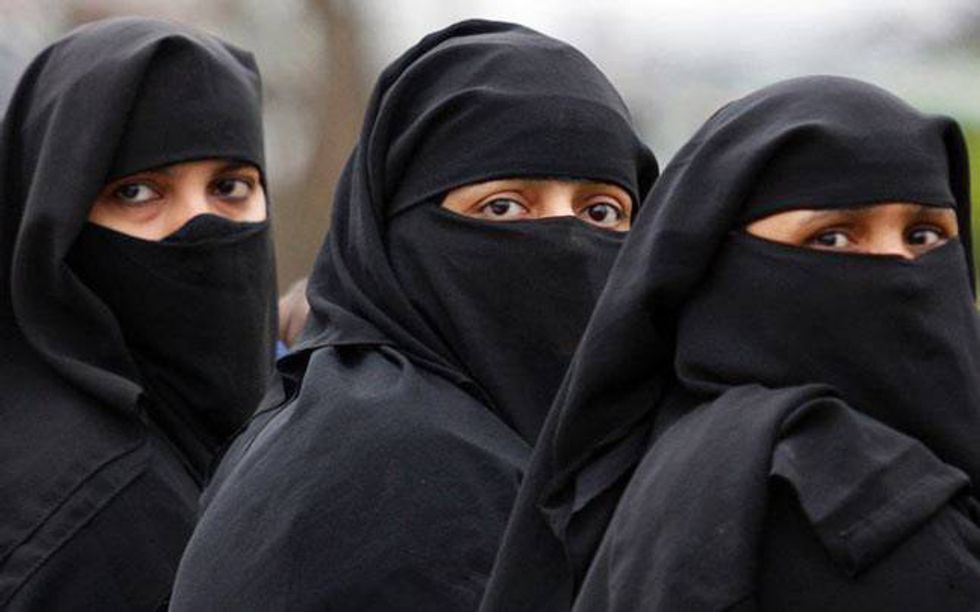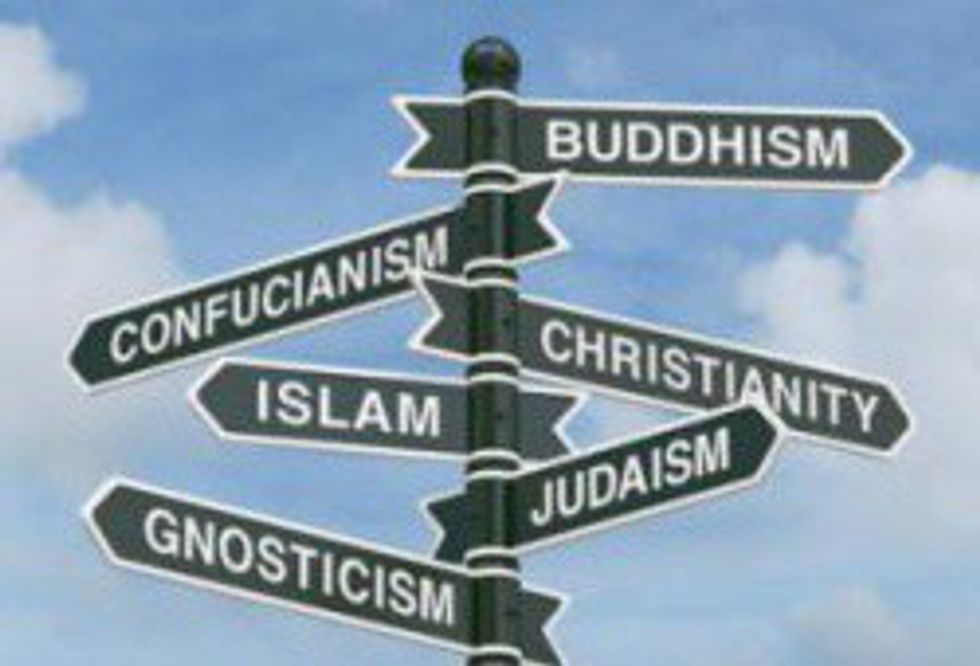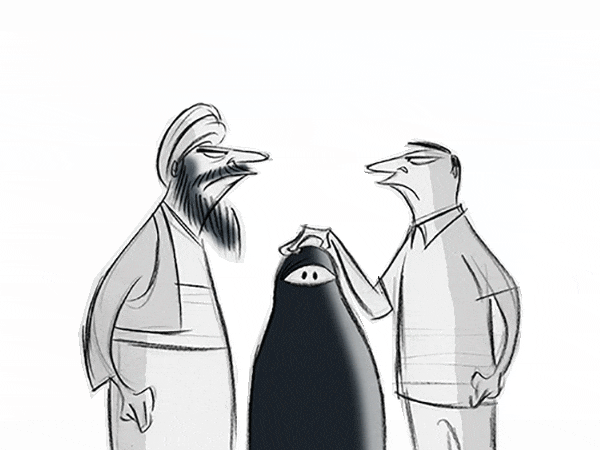Last week I wrote an article entitled "5 Rights Islam Gave Women Before Western Feminism Did." Never had I imagined that within a week, it would gain over 43,000 shares and 300 comments. Not surprisingly, I received both support as well as criticism. Many comments tore down the points I made, compared my statements with real-life examples, and cited seemingly sexist Quranic quotes to counter the ones I provided. I appreciate all the feedback and am writing this article to address some of the comments on my last one. While I cannot possibly address every comment, I will focus on the most pressing and common points made.
1. Western Feminism is an
admirable cause
Some comments called the tone of my last article "off-putting" towards western feminism. One person said that I "attack an ideology that is attempting to empower me." I apologize for coming across as hostile towards western feminism. I recognize that without the decades of hard work by thousands of feminists before me, I would not be able to write these words. The reason my article drew comparisons the way it did was to dispute those who told me my Hijab and my religion oppress me when I feel the exact opposite. Islam, as a religion, does not need feminism because it already respects women's rights. Note that I am referring to Islam as a religion, not the culture practiced in many so-called Muslim countries. I enjoy many freedoms living in the United States that I owe to all the feminists who came before me and who fought for women to be able to enjoy the rights that we do now. Through my writing I hope to inspire my fellow Muslim sisters not lucky enough to live in a liberal democracy that they can fight for implementation of the rights granted to them in Islam the same way feminists sought equality in the USA by fighting for implementation of the U.S. Constitution.
2. Saudi Arabia does not represent Islam.
Comments which called my article unsound drew references to Saudi Arabia as a symbol for female oppression under Islam. For everyone who stated that the Saudi government has ideals that are incompatible with modern liberal democratic ideals, I completely agree with you. Women being forced to cover and not being allowed to drive has nothing to do with Islam. Saudi's royalty treat women the way they do based on hundreds of years of cultural norms as well as to maintain power. Saudi Arabia follows Wahabi Islam, which is a sect of Islam that has very strict interpretation of Islam which appears to be intolerant. While only about a quarter of Muslims in Saudi Arabia truly follow this sect, Wahabi principles happen to be enshrined in law and leaders there need Wahabi backing to gain and stay in power. The treatment of women in Saudi Arabia results from a combination of thousands of years of paternalistic culture with hundreds of years of a Wahabist view of Islam. Just as there are members of Congress in the USA that deny evolution and climate change and will do whatever it takes to protect their positions, there are leaders in Saudi Arabia that deny equal treatment of women in order to protect their positions.
3. It's not religion if it's forced upon someone.
The Quran says "There is no compulsion in religion" [2:256]. Building a relationship with God is emphasized above all else. A person's intentions for doing something are just as important as the action itself. If a women wears Hijab because the law requires her to and not because she believes it's what God wants for her, than she is not doing it for the right reasons. Forcing another person to complete a religious act because of your belief in it's righteousness is a fundamentally misguided way to practice religion. The Quran tells the Prophet to say, "You have your religion, and I have my religion" [109:6]. He is told on multiple occasions in the Quran not to impose Islam on those who choose not to follow it. Just as any thinking and righteous Christian deplores the awful compulsion of Christianity enforced during the Crusades, every thinking and righteous Muslim today also deplores any government, leader, or group that forces Islam on others. Christianity is now over 2,000 years old and went through its many phases that Christians are not proud of; Islam is about 1,400 years old and we're now seeing our religion going through some of the same kinds of deplorable acts practiced when Christianity was 1,400 years old.
4. Education is empowerment.
A large part of the reason I wrote my article was to educate Muslim women on their God-given rights in hopes that this knowledge will empower them to fight against their imposed conditions. For centuries, men have told women how to dress and today is no different. Whether a women is being forced to cover in Saudi, or being forced to uncover in France, the policing of women's bodies by men must stop. Dressing modestly is only a right when it is chosen freely. It is oppression when modesty it's forced. Thanks to the feminists that came before me, I live in a country where being a woman has not stopped me from becoming educated, where I can dress as I wish, and where I have many opportunities that women in other countries don't have. As Muslim women with powerful communications tools at our fingertips, we need to educate our sisters living in so-called Islamic countries about their God-given rights in order to collectively rise against patriarchal interpretations of Islam.
5. Quranic versus have wisdom that we must seek to fully understand.
We must also understand that with Arabic-to-English translations, many insightful meanings and significant nuances are lost. Some English words cannot be compared or easily translated from Arabic words. This article would become a paper if I tried to explain every example cited in the comments, but I will address a few.
Several references were made to verses on inheritance, particularly the one which says women inherit half of what men inherit. While many people commented that this was unfair towards women, they failed to look at the reason behind it- that men are required to provide financially for their families, while women are not. Under Islamic law, a woman's money is all her own to spend however she pleases. Men, however, must provide for their family, including their sisters and mothers if they are unable to provide for themselves.
I hope this follow up article offers some clarification and explanation about issues raised in my previous one. I appreciate each and every comment posted and hope I was able to address misconceptions about Islam. You may not agree with what I write, and that is perfectly fine by me. However, I stand by my views proudly as a Muslim woman and a feminist.


























